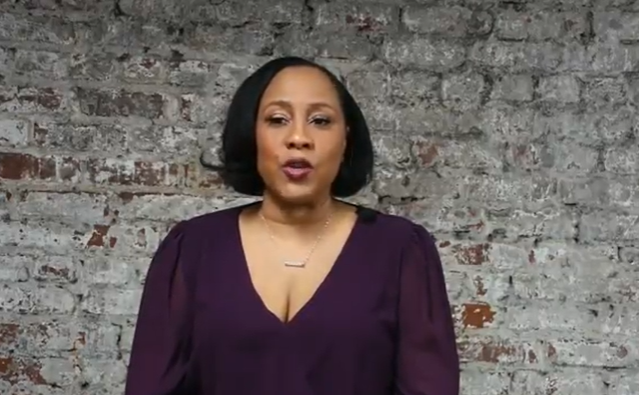The Georgia Court of Appeals on Thursday disqualified Fulton County District Attorney Fani Willis from prosecuting the high-profile election interference case against Donald Trump and 18 co-defendants. The decision cited an "appearance of impropriety" stemming from Willis's previous relationship with special prosecutor Nathan Wade, raising questions about the case's future and leaving the indictment intact but the prosecution leaderless.
The 2-1 ruling is a significant legal victory for Trump, whose legal battles have faced shifting tides in the wake of his re-election victory. While the case remains unresolved, the ruling effectively halts efforts to bring the defendants to trial, potentially delaying proceedings indefinitely. The appeals court directed Georgia's Prosecuting Attorneys' Council to appoint a new prosecutor, though Willis retains the option to appeal the decision to the state Supreme Court.
"In granting President Trump an overwhelming mandate, the American People have demanded an immediate end to the political weaponization of our justice system," Trump spokesperson Steven Cheung said in a statement, adding, "We look forward to uniting our country as President Trump Makes America Great Again."
The appellate court's decision overturns an earlier ruling by Fulton County Superior Court Judge Scott McAfee, who had allowed Willis to remain on the case under the condition that Wade step aside. Wade resigned shortly after that ruling in March 2024. However, the appeals court concluded that this remedy failed to resolve broader concerns about the integrity of the prosecution. "The remedy crafted by the trial court to prevent an ongoing appearance of impropriety did nothing to address the appearance of impropriety that existed at times when DA Willis was exercising her broad pretrial discretion about who to prosecute and what charges to bring," the court wrote.
The indictment, issued by a grand jury in August 2023, accused Trump and 18 others of orchestrating a coordinated scheme to overturn the 2020 election results in Georgia. While four co-defendants have since pleaded guilty in deals with prosecutors, the remaining defendants, including Trump, have maintained their innocence. Trump's legal team had pushed for Willis's disqualification, arguing that her romantic relationship with Wade and public statements about the case created an insurmountable conflict of interest.
Allegations about the Willis-Wade relationship emerged in January, sparking a contentious period for the case. Defense lawyers accused Willis of benefiting personally from her relationship with Wade, including payments for vacations and other expenses. Willis and Wade acknowledged the relationship but testified that it began months after Wade was hired and ended in 2023. They also insisted that travel expenses were split evenly.
The fallout included public scrutiny of Willis's comments, which defense attorneys argued unfairly disparaged the defendants. Willis, speaking at a historically Black church in Atlanta, defended her record and Wade's qualifications, but her remarks became another focal point for criticism. Defense attorneys said her comments prejudiced potential jurors and undermined the fairness of the case.
The ruling is the latest development in a broader legal landscape increasingly tilted in Trump's favor. Federal prosecutors have dropped two cases against Trump related to the 2020 election since his electoral victory, citing the challenges of prosecuting a sitting president. Sentencing in a separate New York case involving hush money payments has also been delayed indefinitely.
While the disqualification of Willis disrupts the Georgia case, its practical implications for Trump remain minimal, given the legal and political obstacles to trying a sitting president. However, the case continues to pose significant risks for the 14 remaining co-defendants who are not shielded by presidential immunity.






